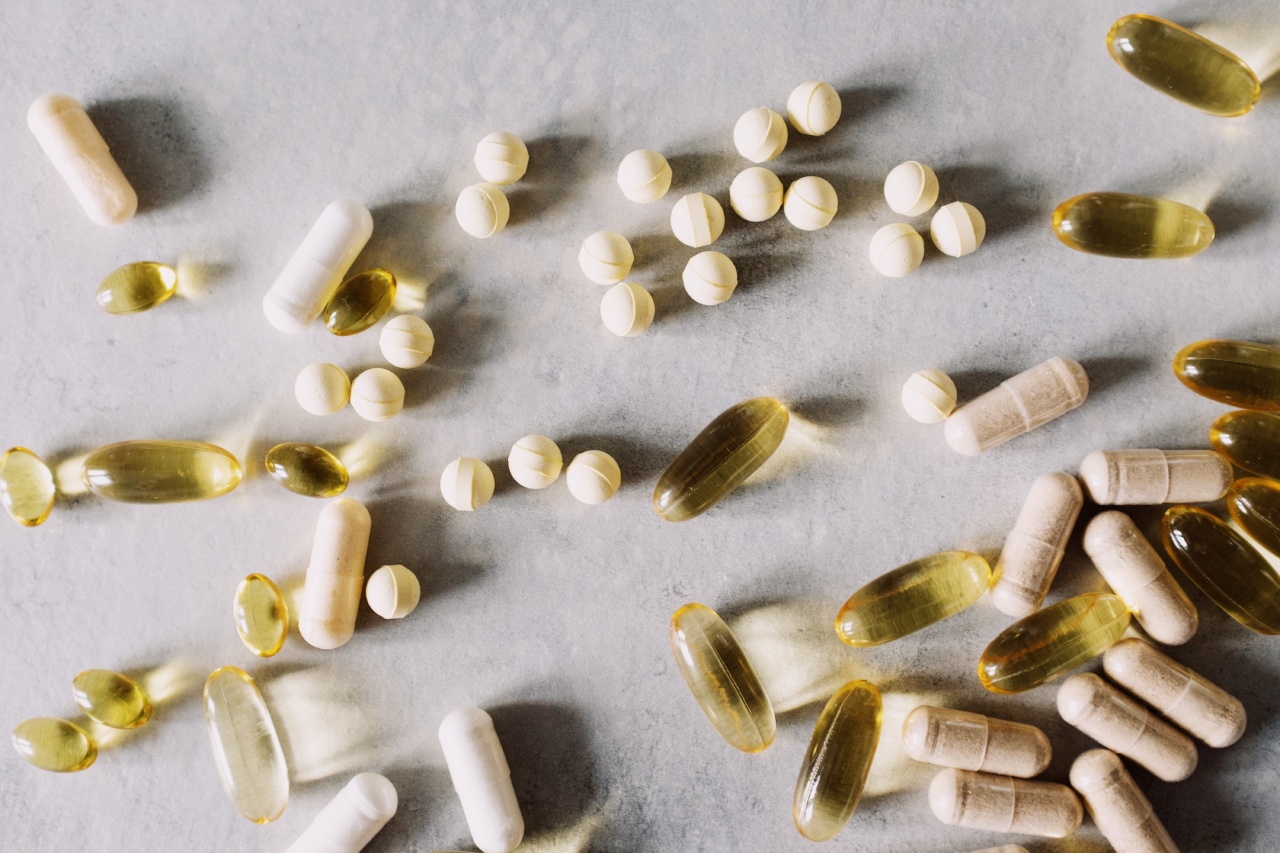Atherosclerosis is a serious medical condition that arises from the buildup of plaque, which leads to the narrowing and thickening of arterial walls. This can impede blood circulation and lead to serious problems such as heart attack or stroke.
The good news is that a balanced and healthy diet can reduce the risk of developing atherosclerosis and lower the chances of its progression in those who already have it.
What is Atherosclerosis?
Atherosclerosis is a chronic disease caused by the accumulation of fatty deposits, or plaque, in the walls of arteries.
This process occurs over many years and can lead to the narrowing and hardening of arteries, which can restrict blood flow and lead to various health issues. Atherosclerosis can occur in any part of the body and can cause heart disease, stroke, and peripheral artery disease, among other health concerns.
Risk factors for developing atherosclerosis include high cholesterol, high blood pressure, smoking, obesity, and an unhealthy diet.
The Role of Diet in Preventing Atherosclerosis
While there are many factors that can cause atherosclerosis, a balanced and healthy diet is one of the most effective ways to prevent the onset and progression of this condition.
A diet rich in fruits, vegetables, whole grains, lean proteins, and healthy fats can help to reduce inflammation, lower the level of bad cholesterol (LDL), and improve overall heart health. On the other hand, a diet high in saturated fats, trans fats, and carbohydrates can increase the risk of developing atherosclerosis and other related health issues.
Key Nutrients for Preventing Atherosclerosis
There are several important nutrients that play a crucial role in preventing atherosclerosis:.
- Omega-3 fatty acids found in fatty fish, flaxseeds, and chia seeds can help to reduce inflammation and lower the risk of heart disease.
- Antioxidants found in fruits and vegetables such as blueberries, strawberries, spinach, and kale can protect against free radicals and reduce the risk of developing atherosclerosis.
- Fiber found in whole grains, fruits, and vegetables can help to lower LDL cholesterol levels and reduce the risk of heart disease.
- Vitamin D found in fatty fish, eggs, and fortified dairy products can help to reduce inflammation and lower the risk of heart disease.
Foods to Include in Your Diet
Here are some of the best foods to include in your diet to prevent atherosclerosis:.
- Fatty fish such as salmon, mackerel, and tuna are rich in omega-3 fatty acids
- Fruits and vegetables such as blueberries, grapes, spinach, and kale are high in antioxidants and fiber.
- Whole grains such as brown rice, quinoa, and oats are rich in fiber, which helps to lower LDL cholesterol levels.
- Legumes such as beans, lentils, and chickpeas are a good source of plant-based proteins and fiber.
- Nuts and seeds such as almonds, walnuts, flaxseeds, and chia seeds are high in healthy fats, fiber, and antioxidants.
Foods to Avoid
Here are some of the worst foods to avoid in your diet to prevent atherosclerosis:.
- Processed foods such as fast food, snack foods, and sugary drinks are high in saturated fats, trans fats, and refined carbohydrates, which can increase the risk of developing atherosclerosis.
- Red meat such as beef and pork are high in saturated fats, which can increase LDL cholesterol levels and lead to atherosclerosis.
- Highly processed grains such as white bread, pasta, and baked goods are low in fiber and high in refined carbohydrates, which can increase the risk of developing atherosclerosis.
- Dairy products high in saturated fats such as cheese, butter, and cream can increase LDL cholesterol levels and contribute to atherosclerosis.
Conclusion
Atherosclerosis is a serious medical condition that can have a significant impact on your health and quality of life.
However, a balanced and healthy diet can help to reduce the risk of developing atherosclerosis and slow down its progression in those who already have it.
By incorporating nutrient-rich foods such as fatty fish, fruits, vegetables, whole grains, and nuts and seeds into your diet and avoiding processed foods, red meat, processed grains, and dairy products high in saturated fats, you can take an important step towards preventing atherosclerosis and promoting overall heart health.






























